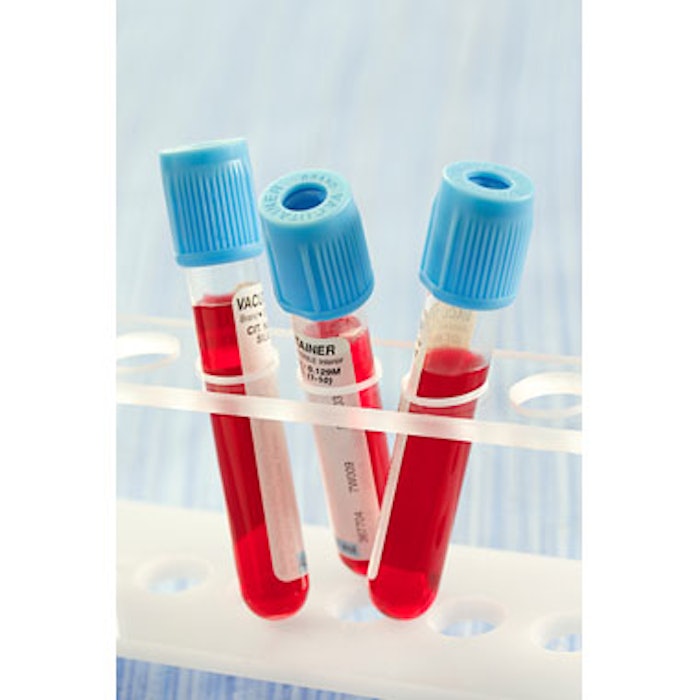
Researchers Young H. Lee, MD, et al, conducted a literature review of 116 relevant studies to develop estimates of the laboratory changes that occur during isotretinoin therapy for acne vulgaris. They searched using Ovid/MEDLINE, EMBASE and gray literature, and evaluated laboratory values for lipid levels, hepatic function and complete blood cell count.
Data from 61 of the studies was reviewed and 26 studies, totaling 1,574 patients, were included in the meta-analysis. The mean (99% CI) values during treatment (non-baseline) were: 119.98mg/dL for triglycerides; 184.74mg/dL for total cholesterol; 109.23mg/dL for low-density lipoprotein cholesterol; 42.80mg/dL for high-density lipoprotein cholesterol; 22.67U/L for aspartate aminotransferase; 21.77U/L for alanine aminotransferase; 88.35U/L for alkaline phosphatase; and 6890/µL for white blood cell count. The meta-analysis demonstrated that isotretinoin is associated with a significant change in the mean value of several laboratory tests (white blood cell count, and hepatic and lipid panels), yet the mean changes across a patient group did not meet a priori criteria for high risk. Additionally, the proportion of patients with laboratory abnormalities was low.
The researchers concluded that monthly laboratory testing of standard acne patients on standard doses of oral isotretinoin is not necessary based on their evidence. “A decrease in the frequency of laboratory monitoring for some patients could help to decrease healthcare spending and potential anxiety-provoking blood sampling. At our institution, we perform a lipid and hepatic panel at baseline and after two months of isotretinoin treatment, with more frequent monitoring dictated by baseline abnormalities and medical history,” they wrote.
The study was published online in JAMA Dermatology, December 2, 2015.
Photo copyright Getty Images.











